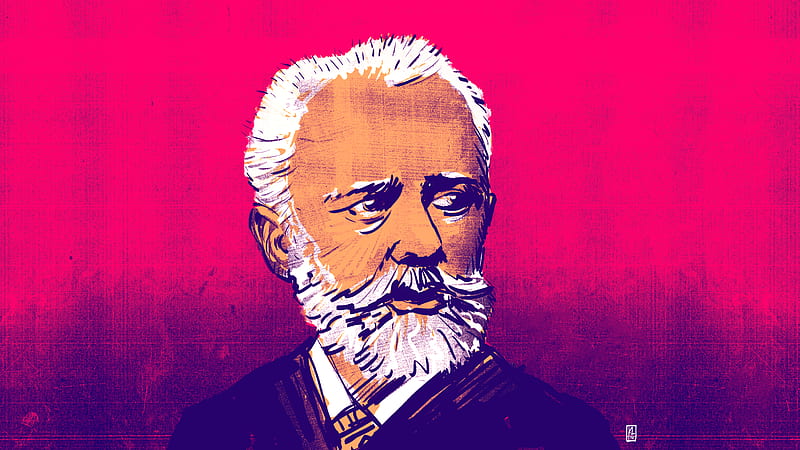Introduction:
Pyotr Ilyich Tchaikovsky, one of the most influential composers of all time, left an indelible mark on the world of classical music. His compositions continue to captivate audiences with their emotional depth and rich orchestration. However, beyond his musical genius, Tchaikovsky’s personal life remains a subject of fascination and intrigue. In recent years, his homosexuality has come to the forefront, shedding light on the challenges he faced and the profound impact it had on his life and artistry.
A Life Shrouded in Secrecy:
Born in 1840 in Votkinsk, Russia, Tchaikovsky grew up during a time when homosexuality was largely condemned and considered taboo. As a result, he was forced to lead a life shrouded in secrecy, grappling with the constant fear of exposure and social ostracism. In an era when same-sex relationships were often met with disdain, Tchaikovsky struggled to reconcile his sexual orientation with societal expectations.
Unrequited Love and Emotional Turmoil:
Throughout his life, Tchaikovsky experienced deep emotional turmoil, largely stemming from his unrequited love for other men. His correspondence reveals a sense of longing and despair as he navigated relationships that were often doomed from the start. Tchaikovsky’s letters to his brother Modest offer a glimpse into the pain he endured, forced to hide his true self while grappling with the complexities of love.
Impact on Tchaikovsky’s Music:
Tchaikovsky’s homosexuality undeniably influenced his compositions, infusing them with a unique emotional intensity. His works often evoke a sense of longing, melancholy, and unfulfilled desire, perhaps reflecting the personal struggles he faced. Pieces like the “Pathétique” Symphony and the opera “Eugene Onegin” offer glimpses into Tchaikovsky’s inner world, his music becoming an outlet for expressing emotions that were otherwise suppressed.
Breaking Barriers and Cultural Significance:
Tchaikovsky’s openness about his sexuality, albeit limited to a select few, was a courageous act in a time when homosexuality was strictly condemned. His ability to create masterpieces while living under the constant weight of societal judgment is a testament to his resilience and artistic brilliance. Tchaikovsky’s legacy extends beyond his music; he became an inspiration to countless individuals, especially within the LGBTQ+ community, as a symbol of courage, acceptance, and the pursuit of artistic truth.
Recognition and Changing Perspectives:
In recent years, there has been a growing recognition and acceptance of Tchaikovsky’s homosexuality. Scholars, musicians, and audiences are acknowledging the profound influence that his sexual orientation had on his life and art. This newfound understanding serves as a catalyst for reevaluating his works, highlighting the significance of his personal experiences in shaping his compositions.
Conclusion:
Pyotr Ilyich Tchaikovsky’s music continues to resonate with audiences worldwide, captivating listeners with its emotional depth and evocative melodies. By exploring Tchaikovsky’s homosexuality, we gain a deeper appreciation for the struggles he faced and the remarkable contributions he made to the world of music. As we celebrate his life and legacy, it is crucial to recognize and honor the LGBTQ+ community’s resilience and creativity throughout history. Tchaikovsky’s story serves as a reminder of the transformative power of art and the importance of embracing and celebrating diverse voices.


Comments are closed